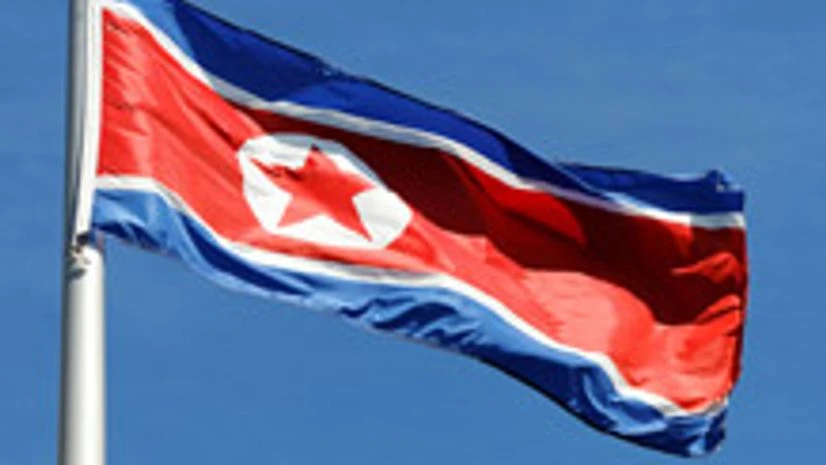South Korea and Japan today echoed US warnings that a harsh price would be exacted from North Korea if it went ahead with a planned rocket launch just weeks after conducting its fourth nuclear test.
Urging Pyongyang to drop its plans for a launch as early as next week, the government in Seoul said the move would be a serious breach of UN resolutions and a "direct challenge" to the international community.
Japanese Prime Minister Shinzo Abe condemned what he called a "serious provocation" that represented a clear violation of Pyongyang's international obligations.
More From This Section
UN resolutions forbid the North from any use of ballistic missile technology, and yesterday's announcement saw Pyongyang doubling down against an international community already struggling to come up with a united response to last month's nuclear test.
The United States, which has been spearheading a diplomatic drive for harsher, more effective sanctions on Pyongyang, was quick to condemn the launch plan.
Daniel Russel, the assistant US secretary of state for Asia-Pacific Affairs slammed what he called "yet another egregious violation" of UN resolutions.
"This argues even more strongly for action by the UN Security Council and the international community to impose... tough additional sanctions," Russel said.
"North Korea is defying the UN Security Council, it's defying its... Neighbour China, it's defying the international community," he added.
In formal notifications sent to three UN agencies, including the International Maritime Organisation (IMO), North Korea said the launch would take place in the morning with a daily window of between 7:00 a.m-midday, Pyongyang time.
The dates suggest a launch around the time of the birthday on February 16 of late leader Kim Jong-Il, father of current leader Kim Jong-Un.
The South Korean government statement urged Pyongyang to call off the launch immediately or pay a "heavy price" for threatening regional peace and stability.
North Korea successfully placed a satellite in orbit on a three-stage Unha-3 rocket in December 2012.

)
